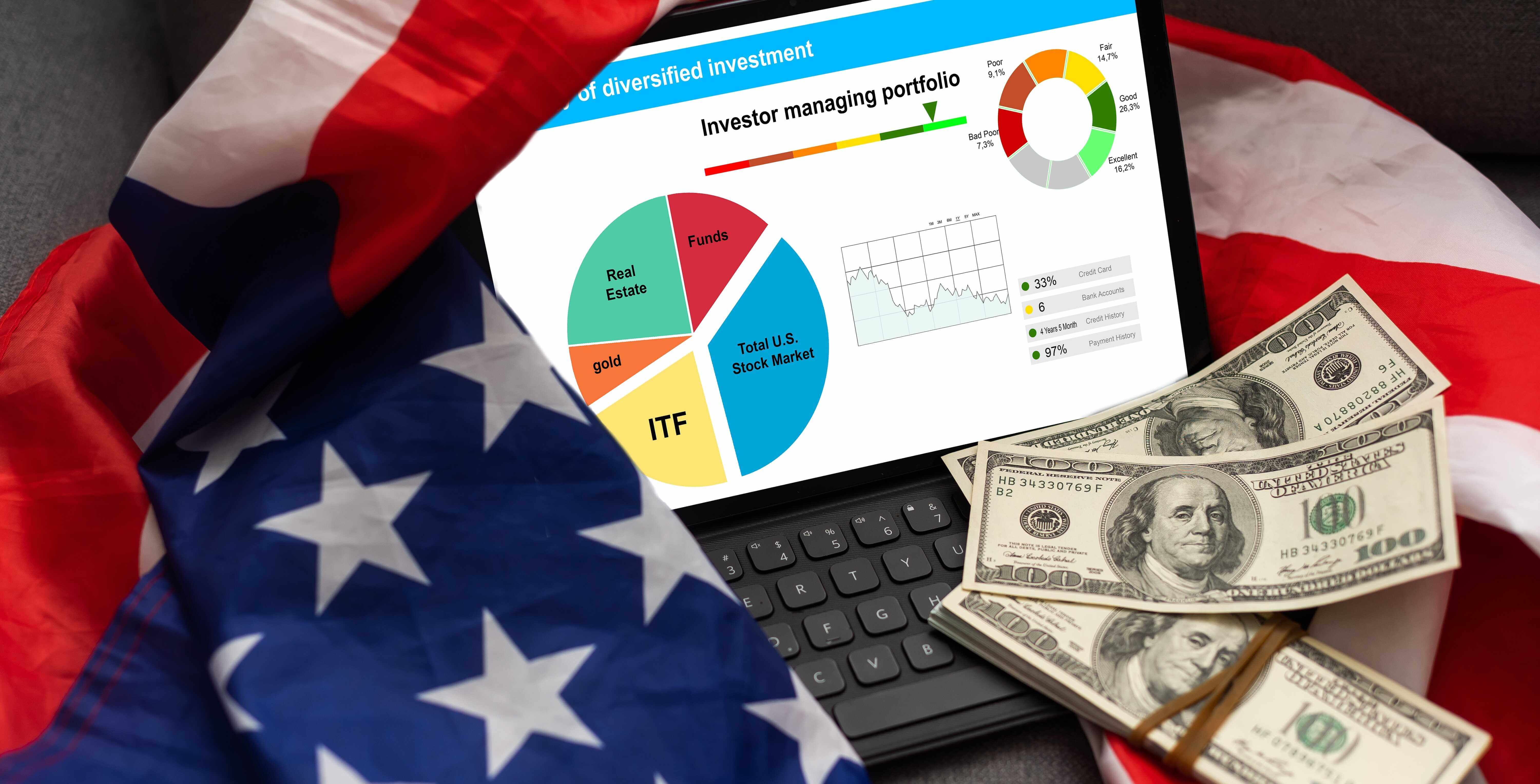Soundhound Ai Stock Vs. Palo Alto Networks Stock: Wall Street Says Only One Will Head Higher In 2025

Artificial intelligence (AI) was the driving force behind some of the biggest winners in the stock market in 2024. Companies able to leverage the power of AI within their own business or help other enterprises use AI saw their stock prices soar. And that trend looks poised to continue in 2025.
Two companies that could see years of strong growth fueled by advancements in AI capabilities are SoundHound AI (NASDAQ: SOUN) and Palo Alto Networks (NASDAQ: PANW). SoundHound expanded its customer base for its audio recognition platform in 2024 with the help of a key acquisition. Palo Alto, meanwhile, uses machine learning to help enterprises identify and prevent cyberattacks.
Where to invest $1,000 right now? Our analyst team just revealed what they believe are the 10 best stocks to buy right now. See the 10 stocks »
SoundHound saw its shares climb 836% in 2024 while Palo Alto returned a more pedestrian 23%. But Wall Street only expects one to repeat its performance while the other could be in for a down year.
- SoundHound has a median price target of $9.50 per share, based on the estimates of seven analysts who follow the stock. That implies a downside of about 35% as of this writing.
- Palo Alto Networks has a median price target of $214 per share, based on the estimates of 52 analysts covering the stock. That implies upside of 23% as of this writing.
Here's what investors need to know.
Image source: Getty Images.
SoundHound: A fast-growing business with an expensive stock
SoundHound has been around for about 20 years, originally creating an app that could identify songs based on someone humming the melody. It's since gone on to become the leader in what it calls "conversational intelligence." The company combines audio recognition and natural language processing enabling humans to more or less have a conversation with a computer.
2024 was a big year for SoundHound. It acquired Amelia, an enterprise conversational AI leader, which helped broaden its customer base. In the third quarter, SoundHound reported its largest customer accounted for 12% of revenue compared to 72% in the prior year. It also spread out into multiple industries thanks to the acquisition. It now has customers across restaurants, financial services, healthcare, insurance, and the automotive sector. In 2023, 90% of its business came from auto manufacturers incorporating SoundHound's technology into its voice-activated controls.
With new services for various industries and the addition of Amelia, SoundHound's revenue growth accelerated to 89% in the third quarter. Its combined backlog of subscriptions is north of $1 billion, which it will go on to earn over the next six years or so. That suggests more strong revenue growth ahead for the business. For 2025, management expects about $165 million in revenue, nearly double its expectations for 2024.
While the Amelia acquisition helped bring scale and diversification, it also came with a significant step up in cost of sales. Management expects to realize some synergies between the businesses, resulting in some margin recovery, but SoundHound probably won't return to the 75% gross margin business it operated previously.
Still, management plans to make the business profitable on an earnings before interest, taxes, depreciation, and amortization (EBITDA) basis by the end of the year. Profitability according to generally accepted accounting principles (GAAP) may be some years away, though.
SoundHound is growing quickly and making moves to cement its position across multiple industries. It's executing well and in a position to scale rapidly and become profitable over time. The problem with the stock is its valuation. As of this writing the stock trades for a price-to-sales ratio of about 29 times the midpoint of management's 2025 outlook. That's incredibly expensive, even for a company growing as fast as SoundHound.
Palo Alto Networks: A cybersecurity leader with a big AI advantage
Palo Alto Networks is one of the leading enterprise cybersecurity providers. Its offerings include hardware and software services to protect clients' networks from unauthorized access. It also provides cloud and endpoint security, enabling enterprises to use public clouds and securely access them from anywhere around the world.
As more and more enterprises shift operations from on-site storage and computing to a hybrid approach with the cloud, the opportunity for cyberattacks grows considerably. Add in more remote workers, and minimizing the chances of opening up a vulnerability or leaking important data becomes a highly complex challenge. As a result, there's a growing demand for Palo Alto's services.
Of course, Palo Alto needs to be able to stay one step ahead of cybersecurity challenges, and it uses machine learning to detect threats and close vulnerabilities quickly. One of the biggest challenges in developing an effective machine learning system is getting good data -- and lots of it. As a leader in the cybersecurity space, Palo Alto is uniquely positioned to build effective machine learning algorithms. As a result, Palo Alto is winning more business from existing customers and attracting new customers, taking share from smaller competitors.
The companies' remaining performance obligations grew 20% year over year in the first quarter of fiscal 2025. That indicates a strong pipeline of business for the company. Specifically, Palo Alto's focused on growing its software-based next-gen security. Annual recurring revenue for those subscription offerings climbed 40% year over year, topping $4.5 billion in the quarter. Management expects that number to climb to $15 billion by 2030.
Palo Alto's shift toward more software services should have a positive impact on its gross margin over time. As revenue grows, profits should grow even faster due to the leverage inherent in software sales.
As it stands, Palo Alto Networks trades for a price-to-sales ratio of about 12.2 times analysts' 2025 consensus estimate as of this writing. That's not particularly inexpensive, but it's certainly more attractive than SoundHound's stock price. Considering the improving profitability of the business and strong moat provided by its scale, it looks like a fair price to pay for the stock.
Don’t miss this second chance at a potentially lucrative opportunity
Ever feel like you missed the boat in buying the most successful stocks? Then you’ll want to hear this.
On rare occasions, our expert team of analysts issues a “Double Down” stock recommendation for companies that they think are about to pop. If you’re worried you’ve already missed your chance to invest, now is the best time to buy before it’s too late. And the numbers speak for themselves:
- Nvidia: if you invested $1,000 when we doubled down in 2009, you’d have $357,084!*
- Apple: if you invested $1,000 when we doubled down in 2008, you’d have $43,554!*
- Netflix: if you invested $1,000 when we doubled down in 2004, you’d have $462,766!*
Right now, we’re issuing “Double Down” alerts for three incredible companies, and there may not be another chance like this anytime soon.
*Stock Advisor returns as of January 13, 2025
Adam Levy has no position in any of the stocks mentioned. The Motley Fool recommends Palo Alto Networks. The Motley Fool has a disclosure policy.


